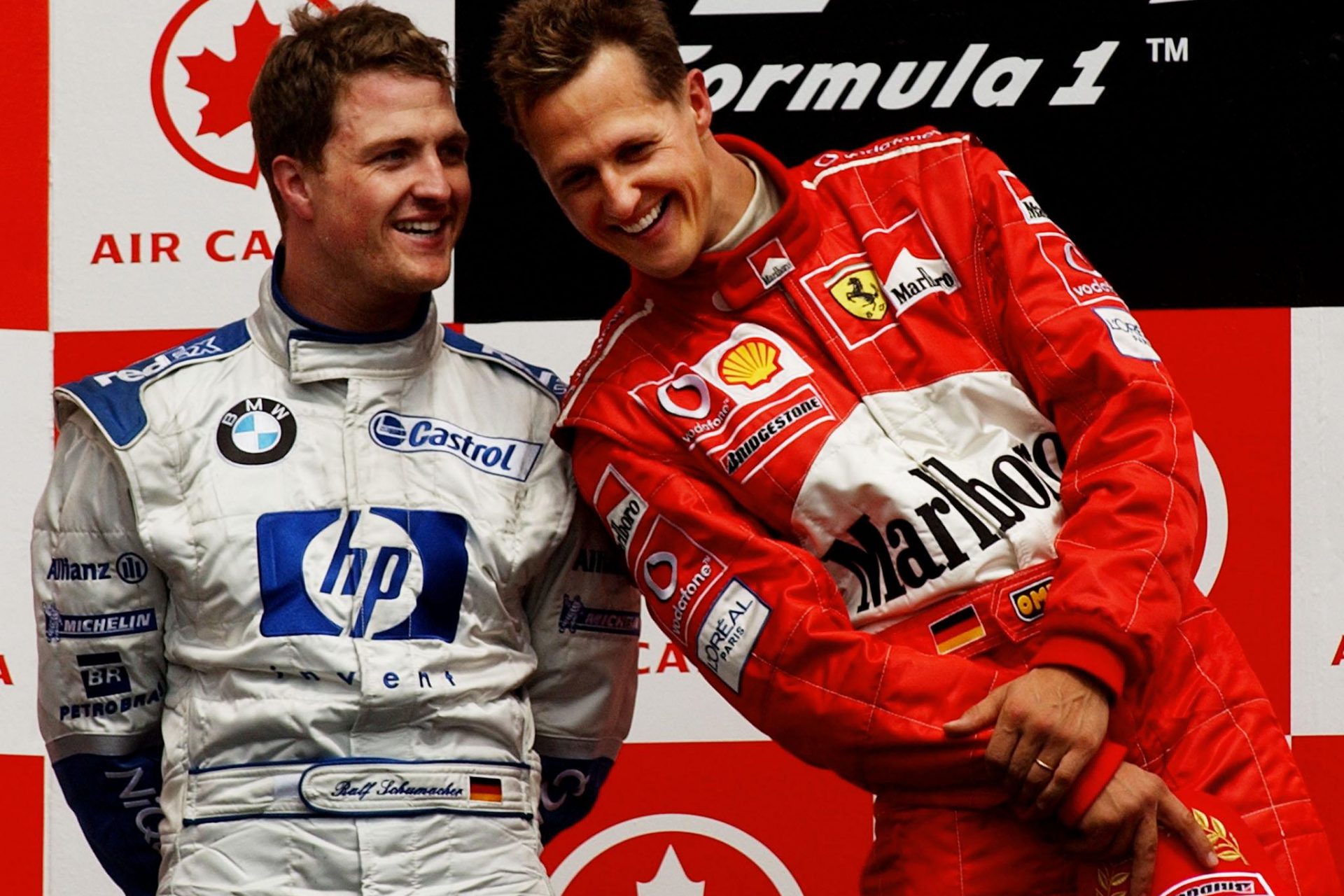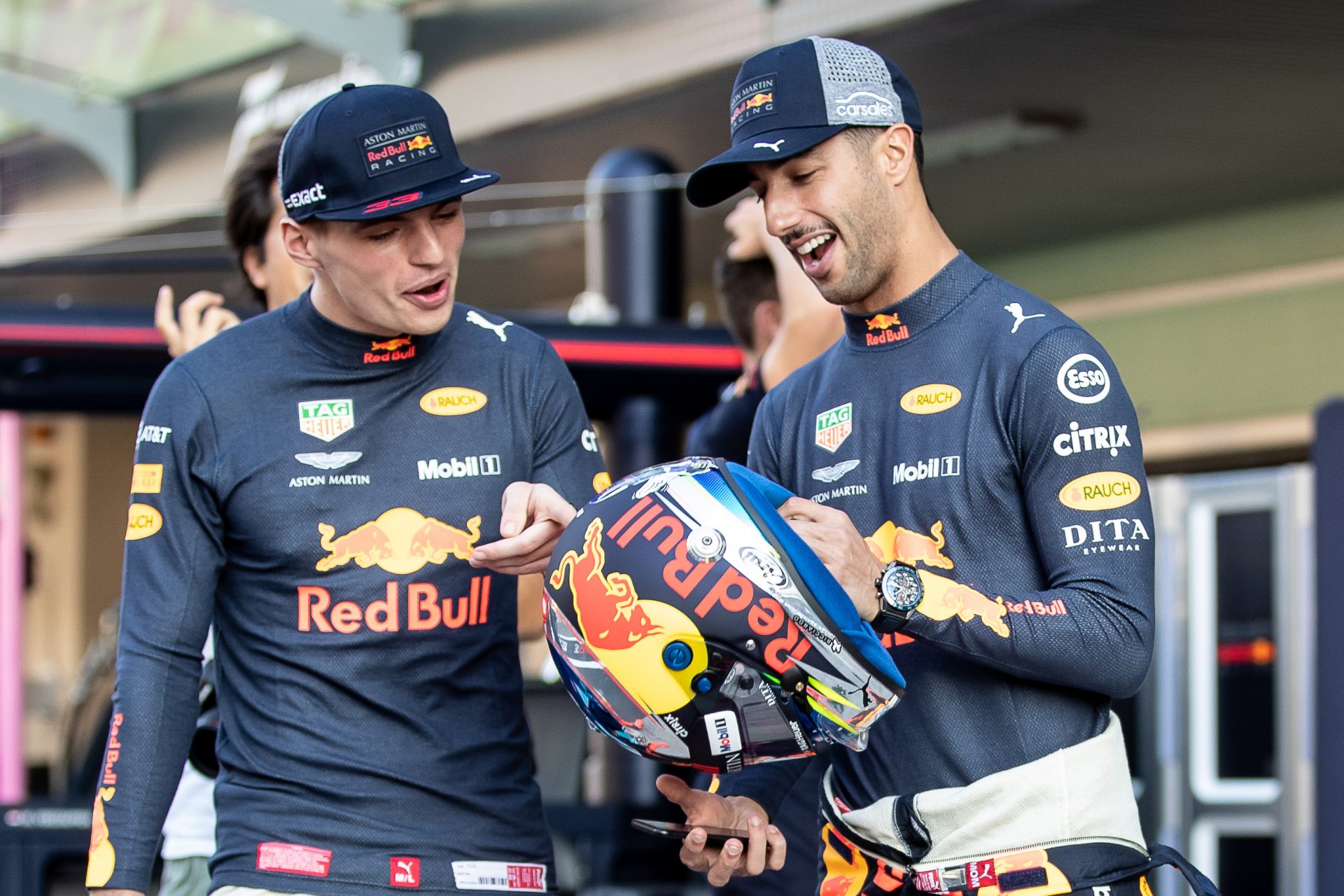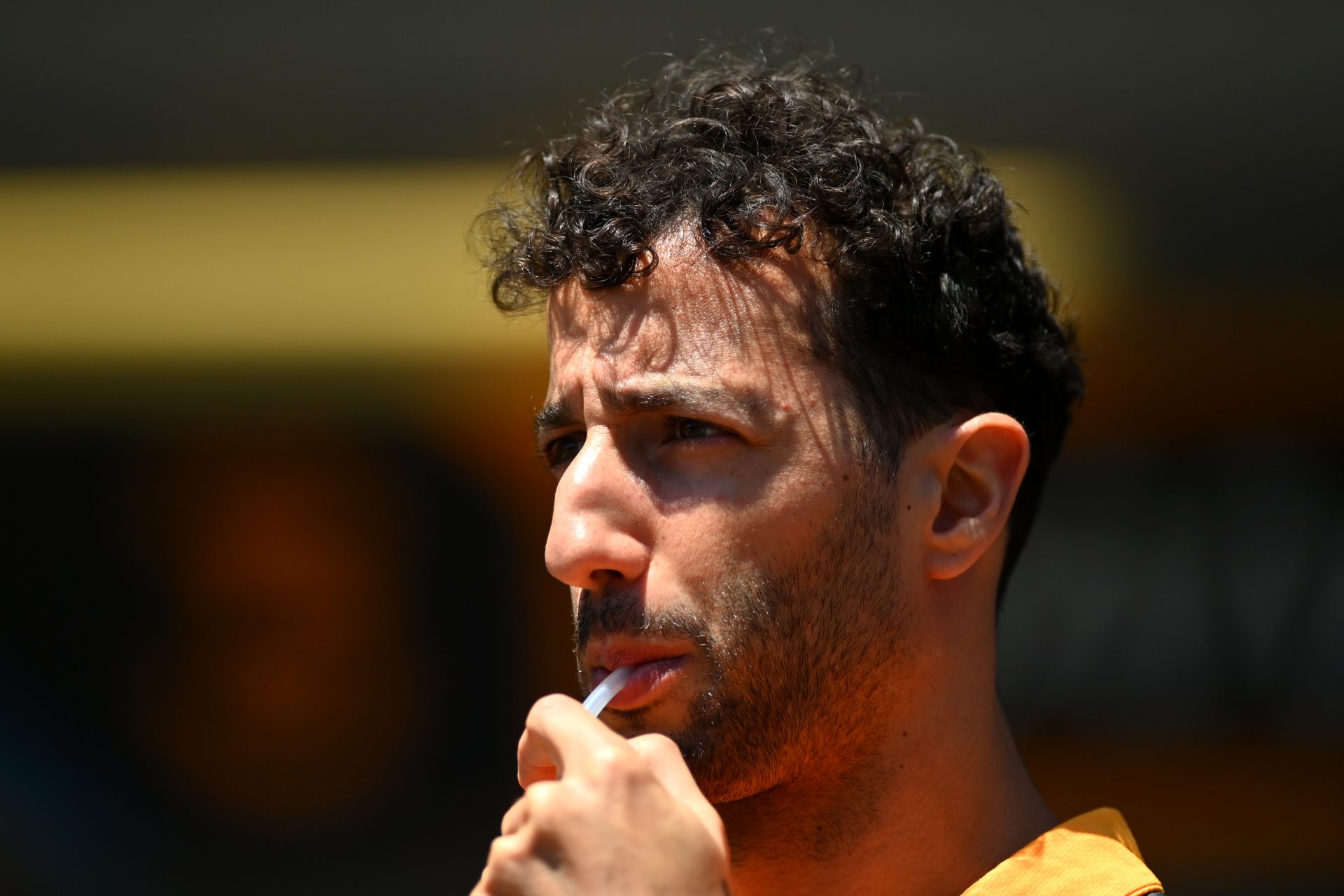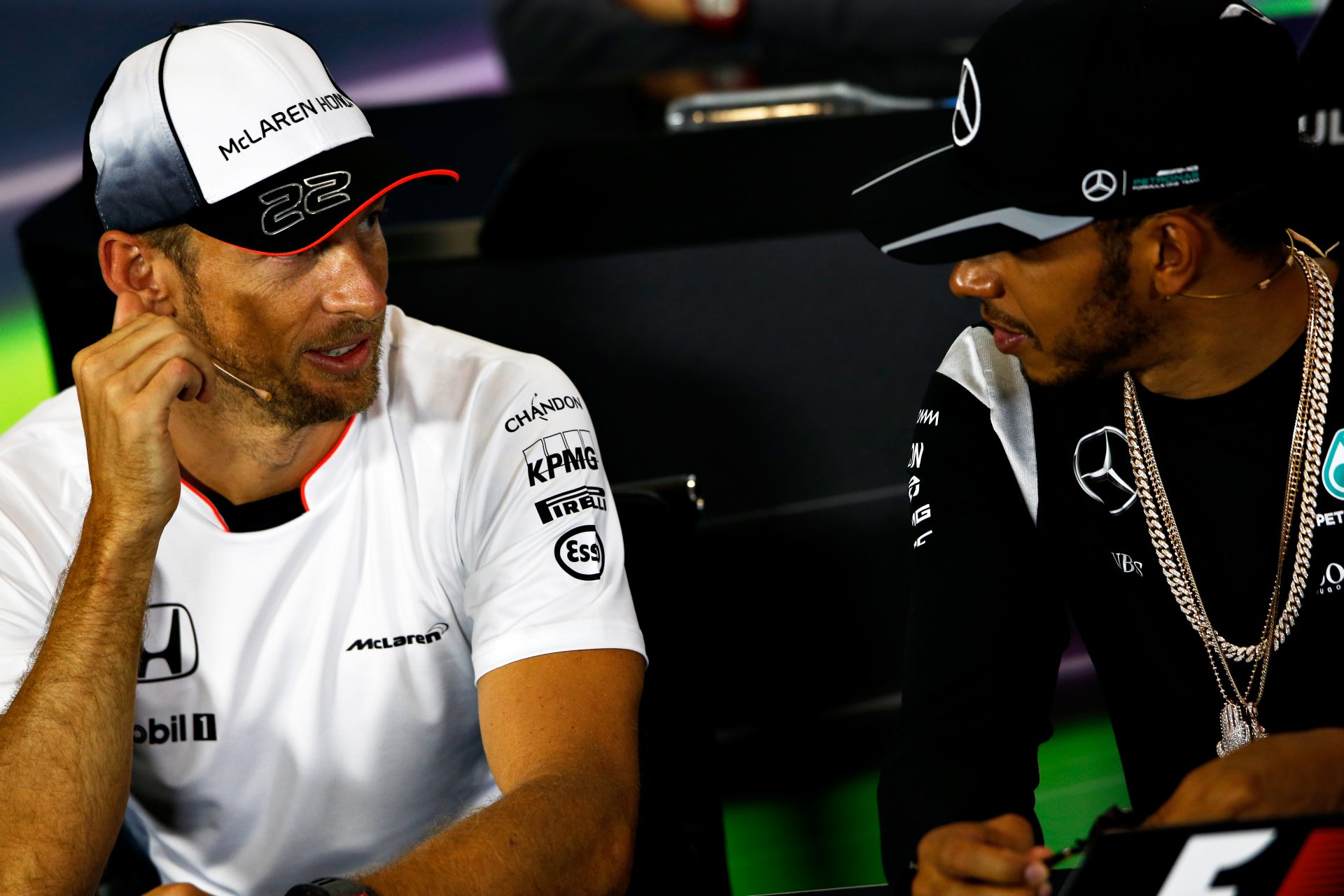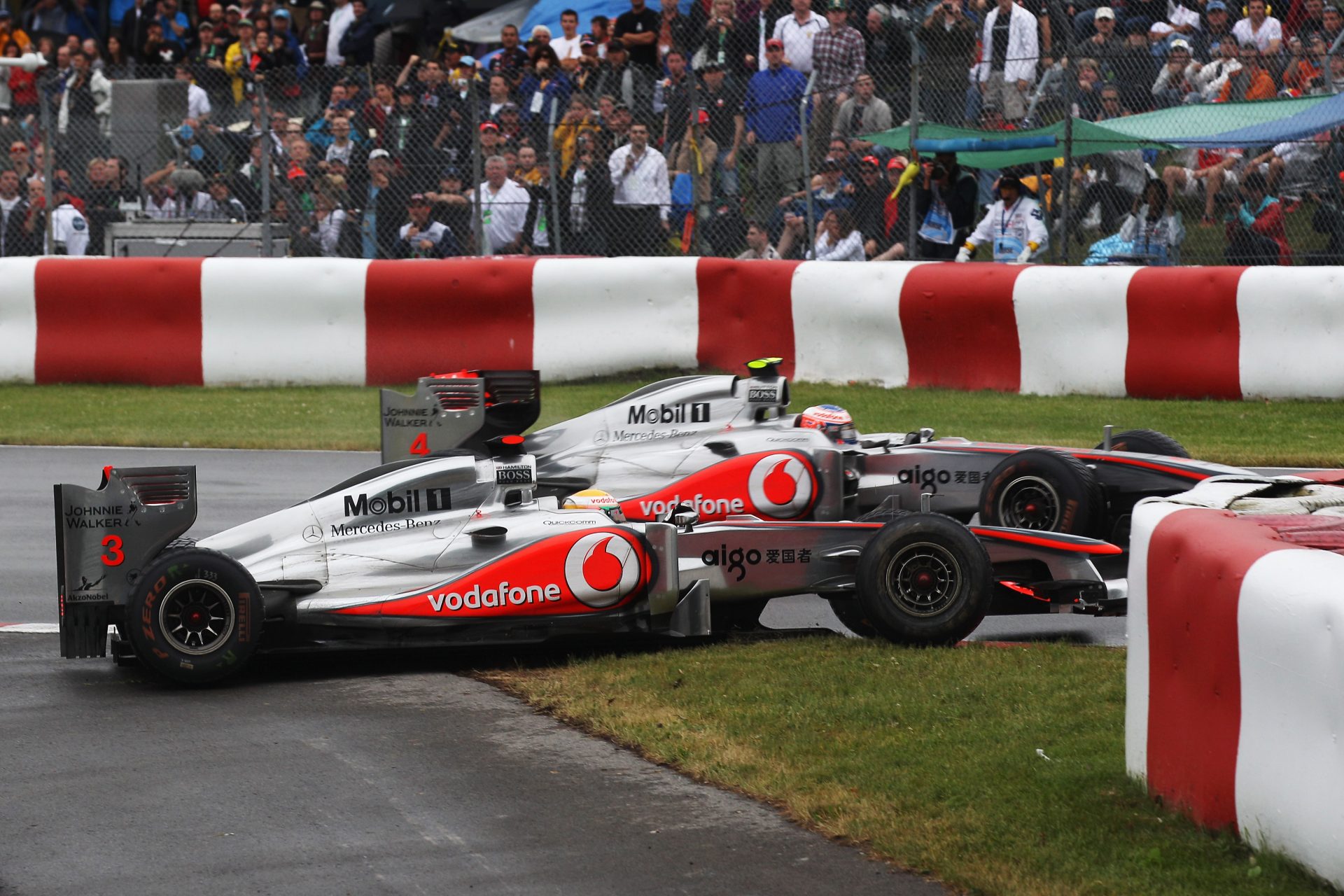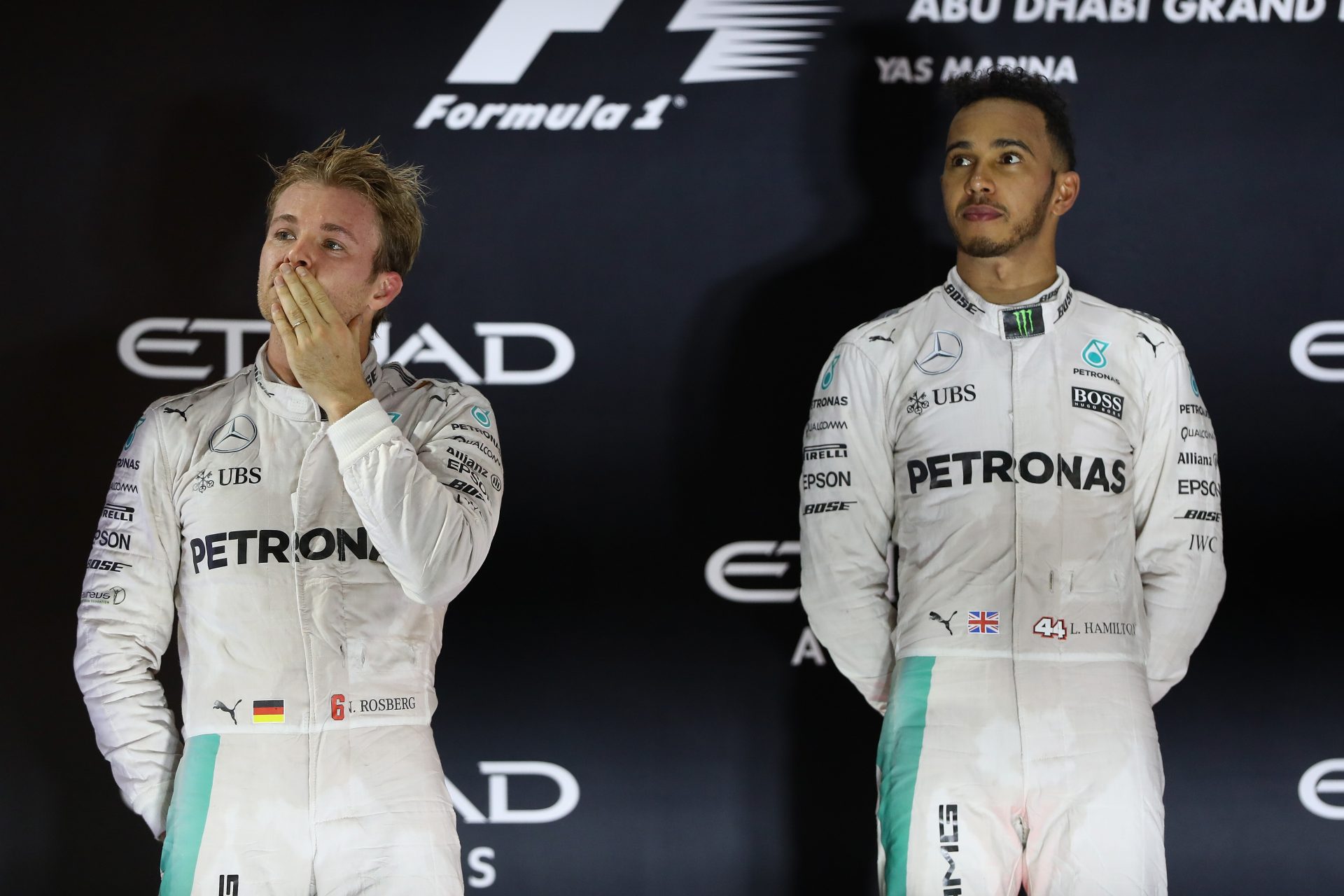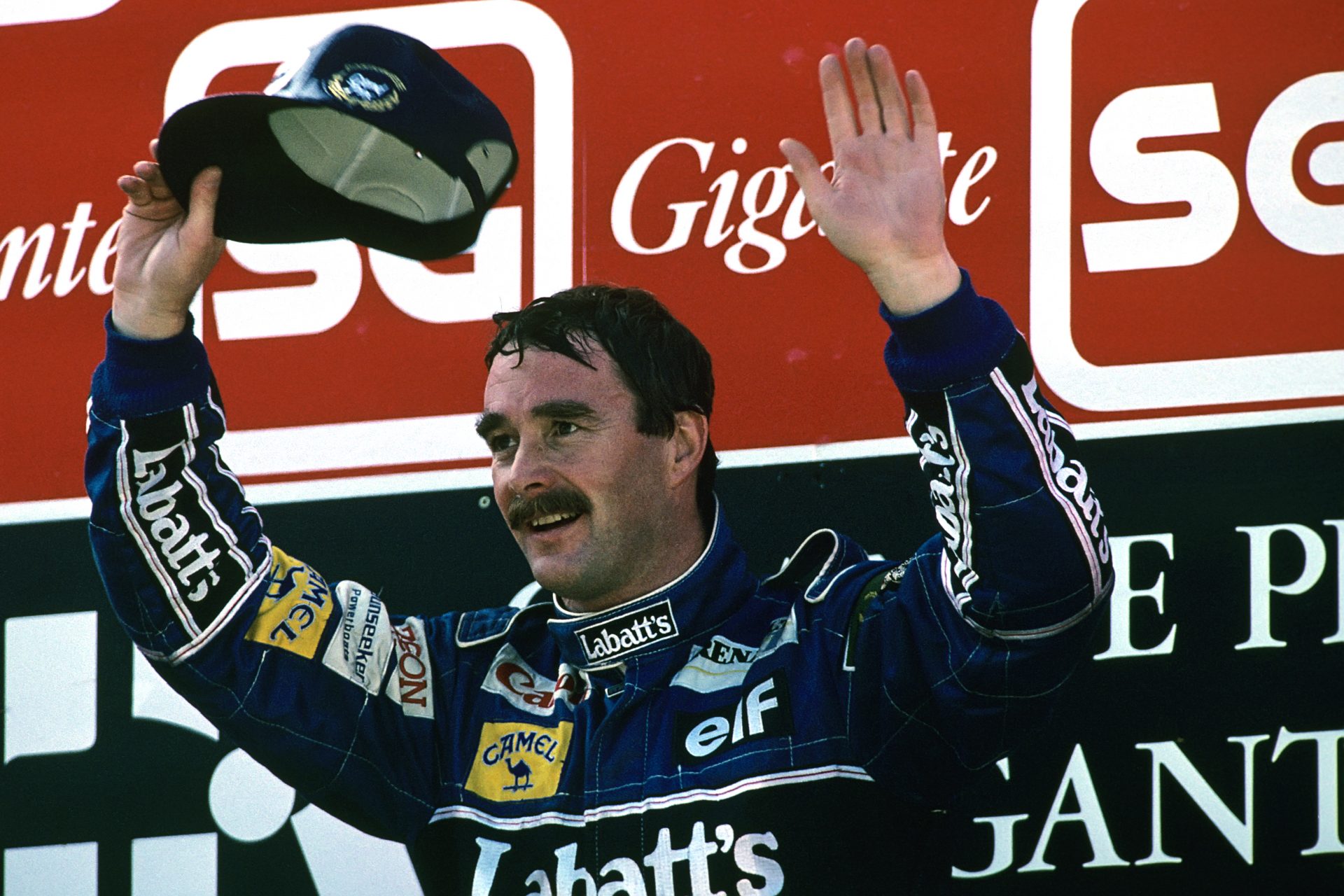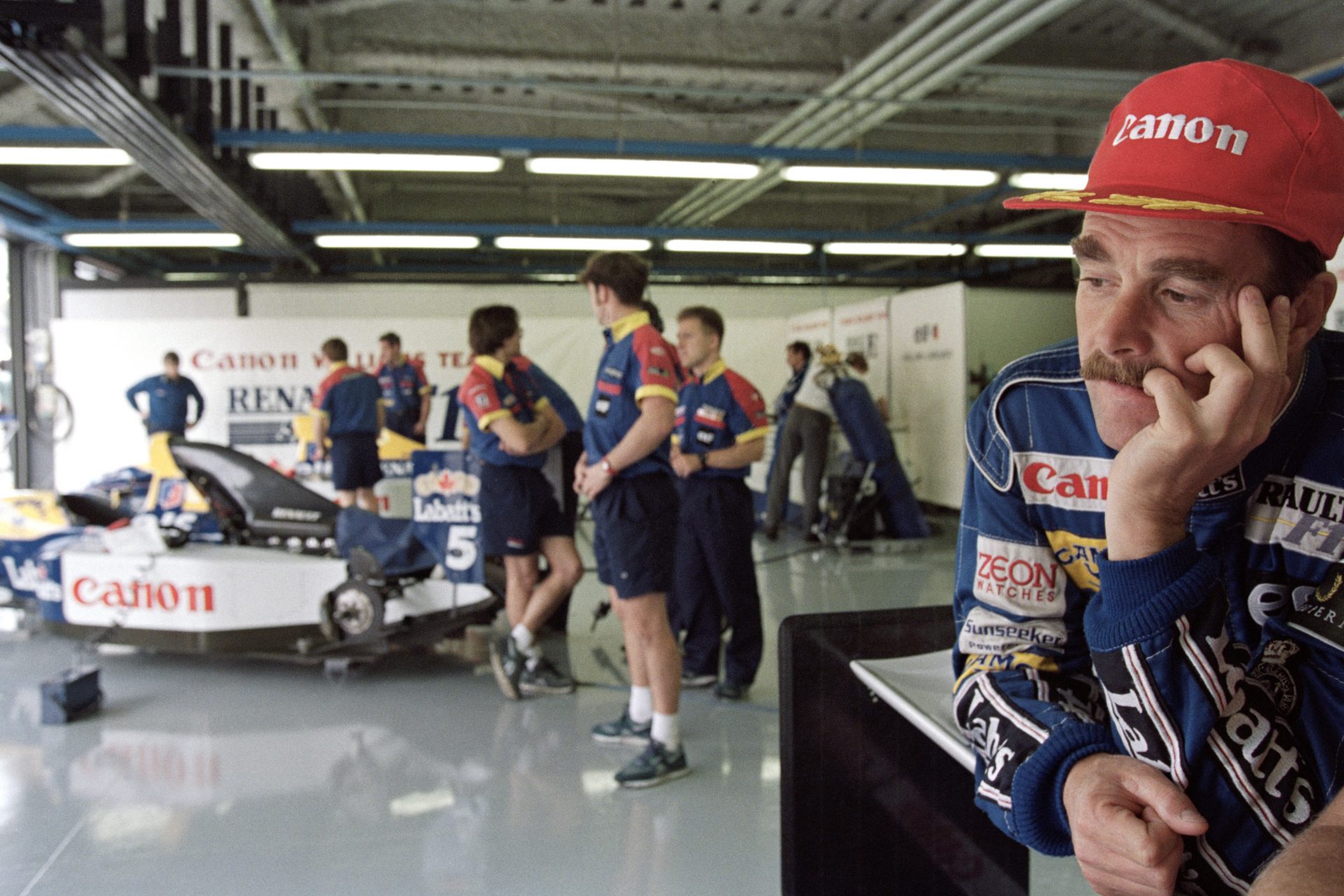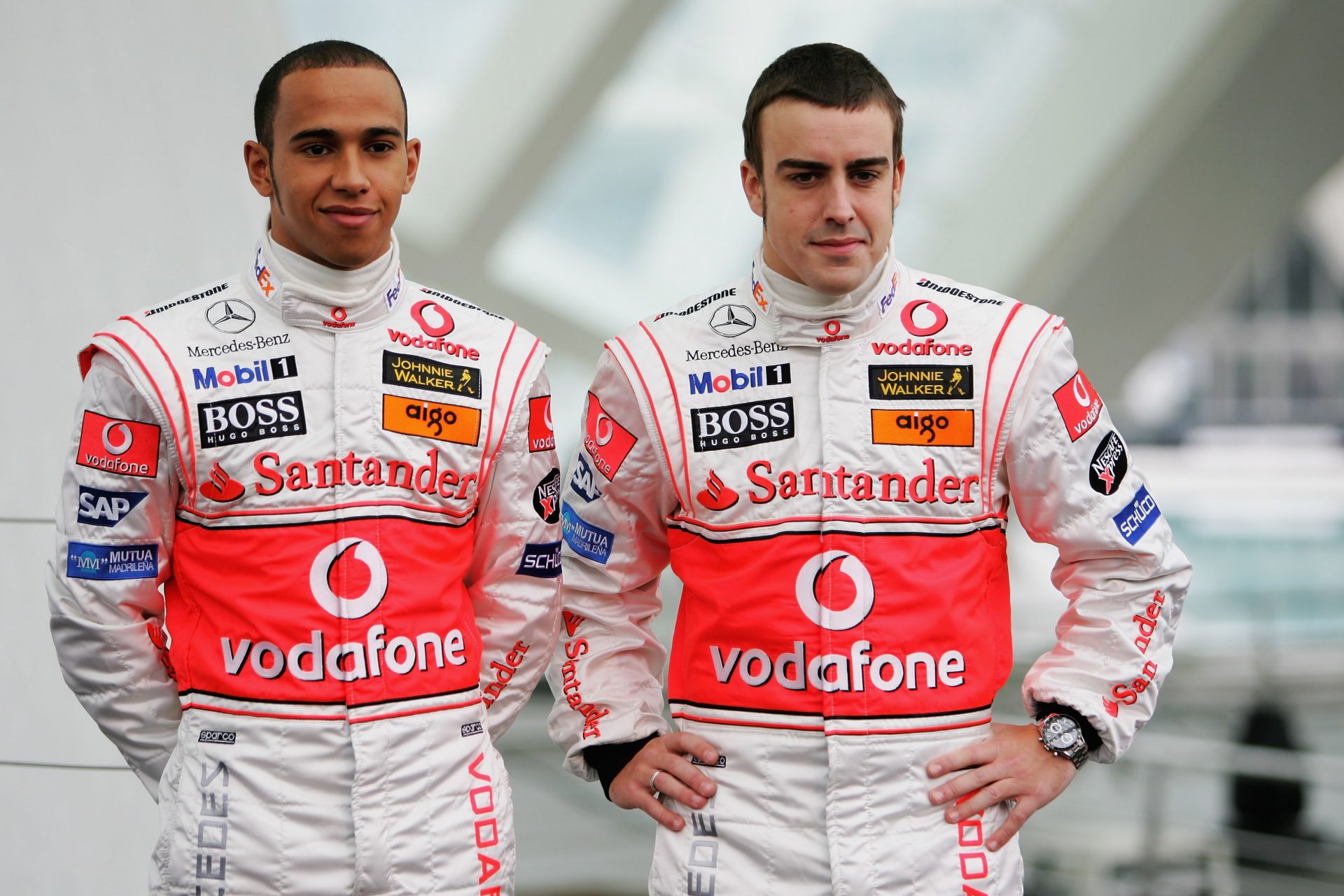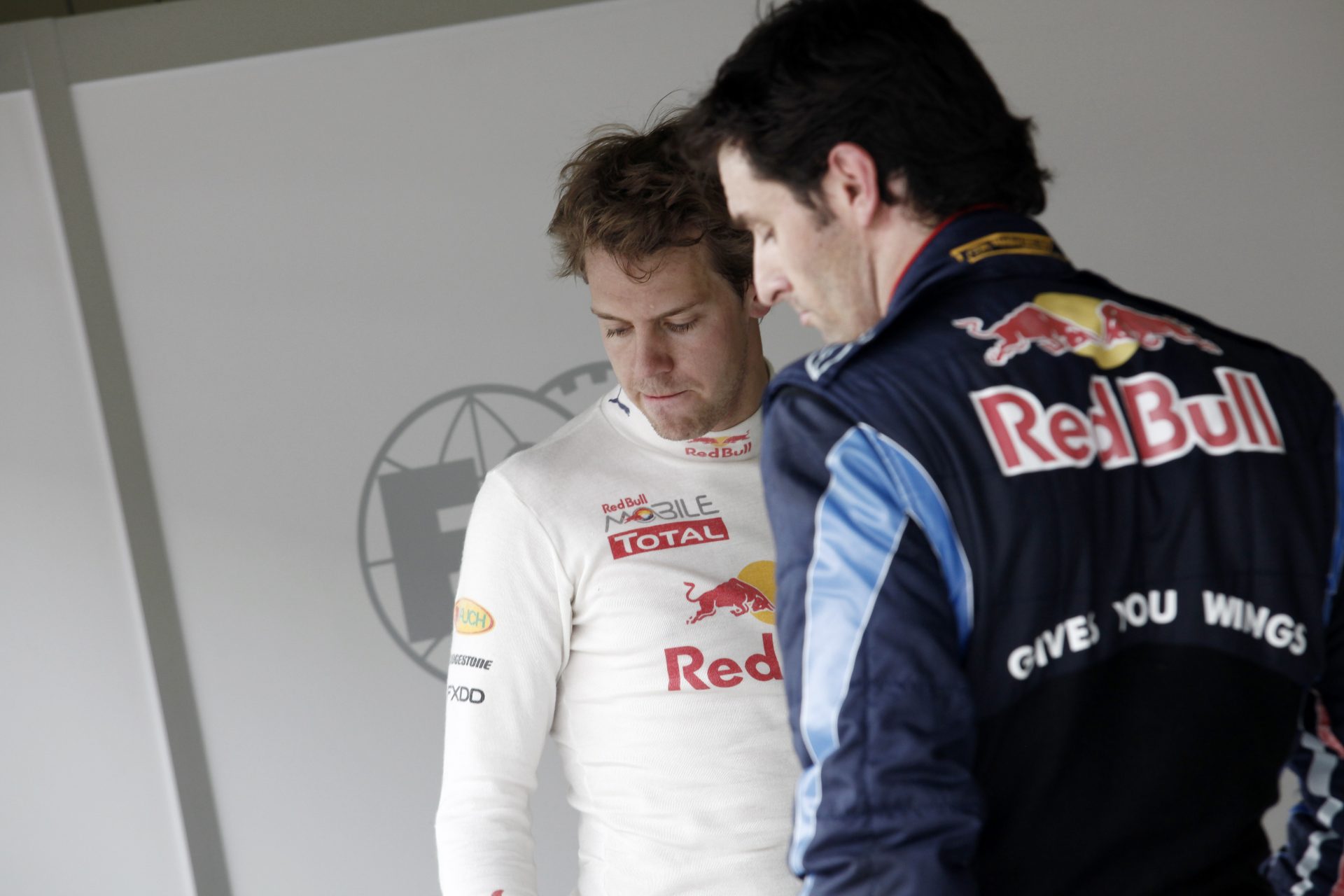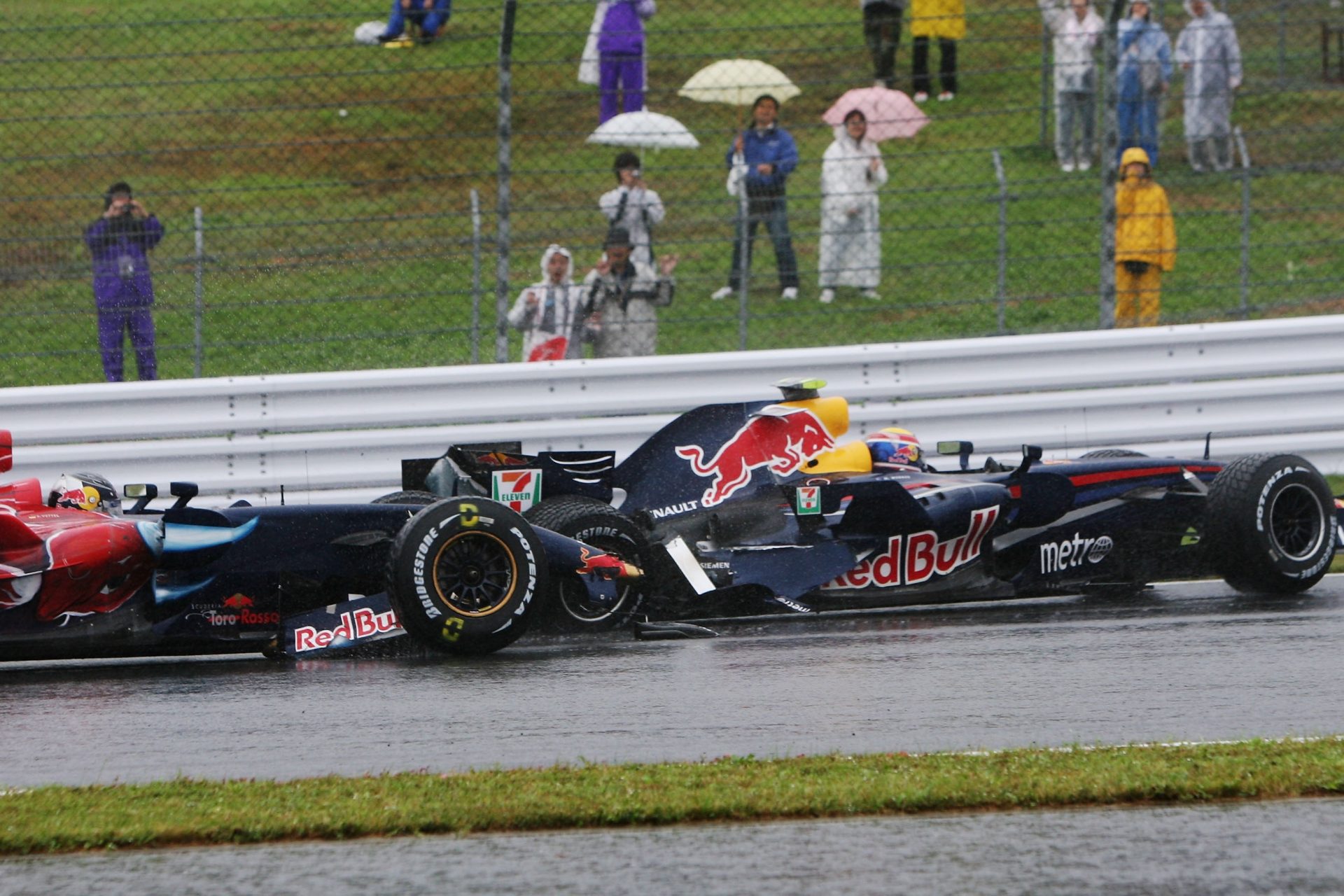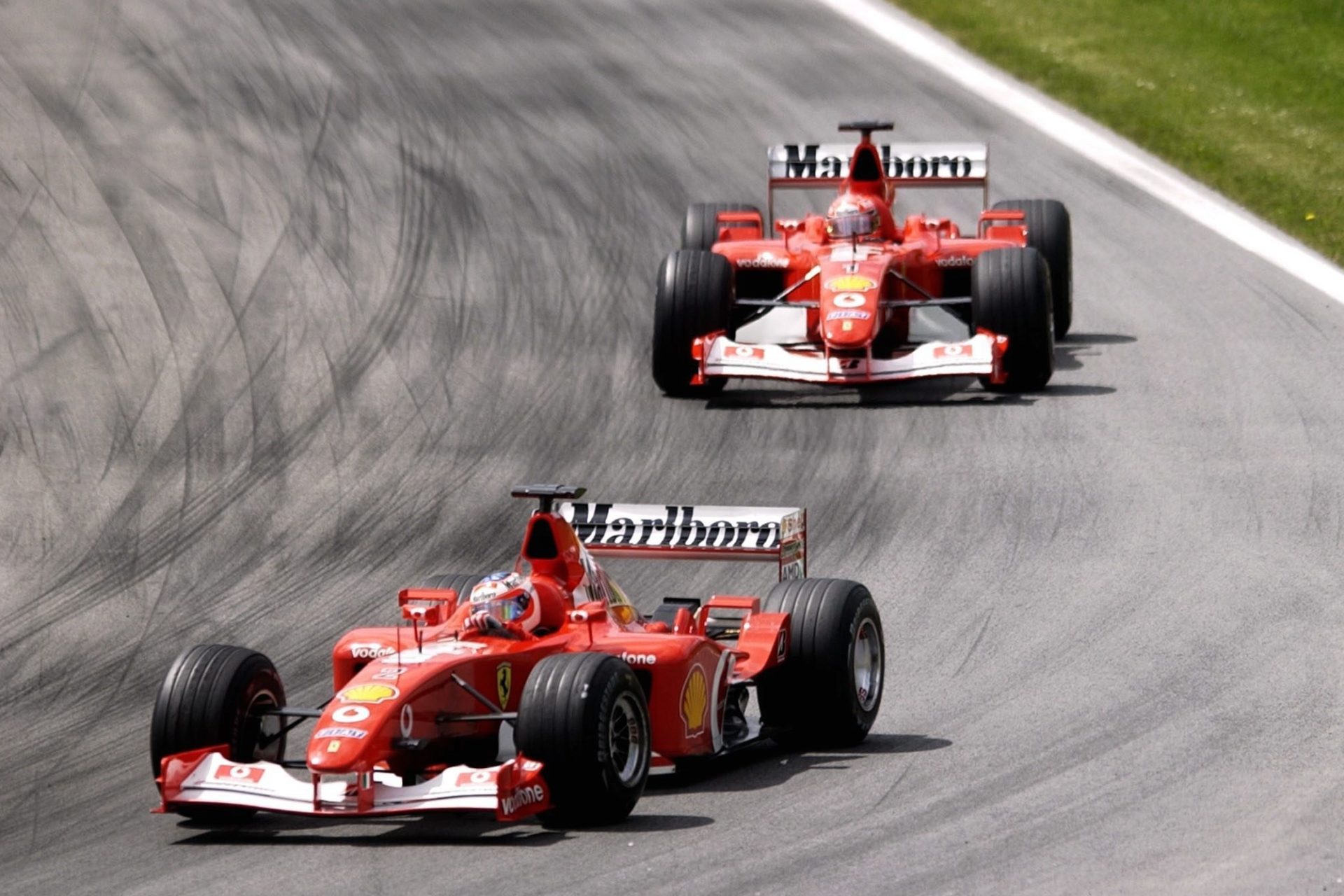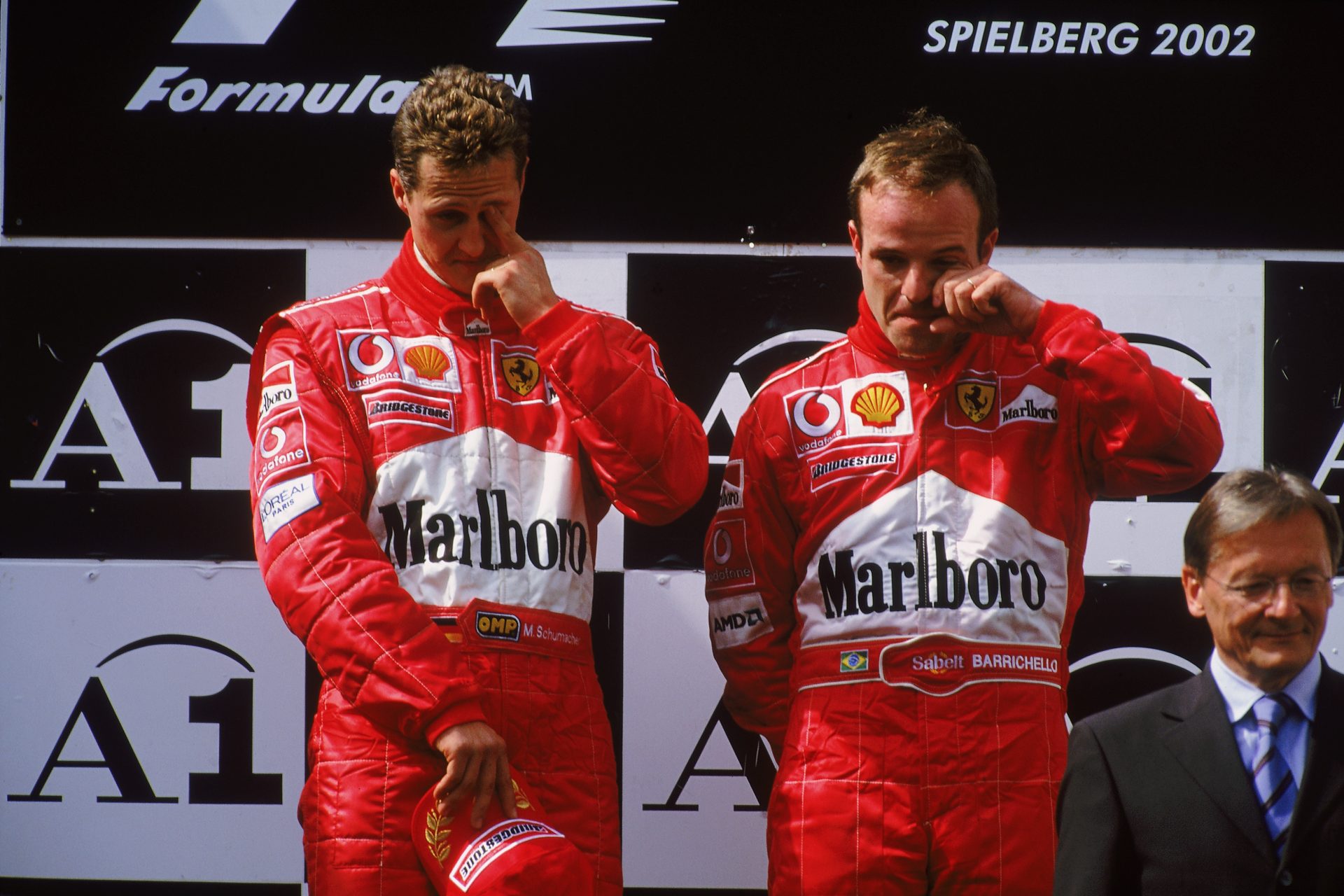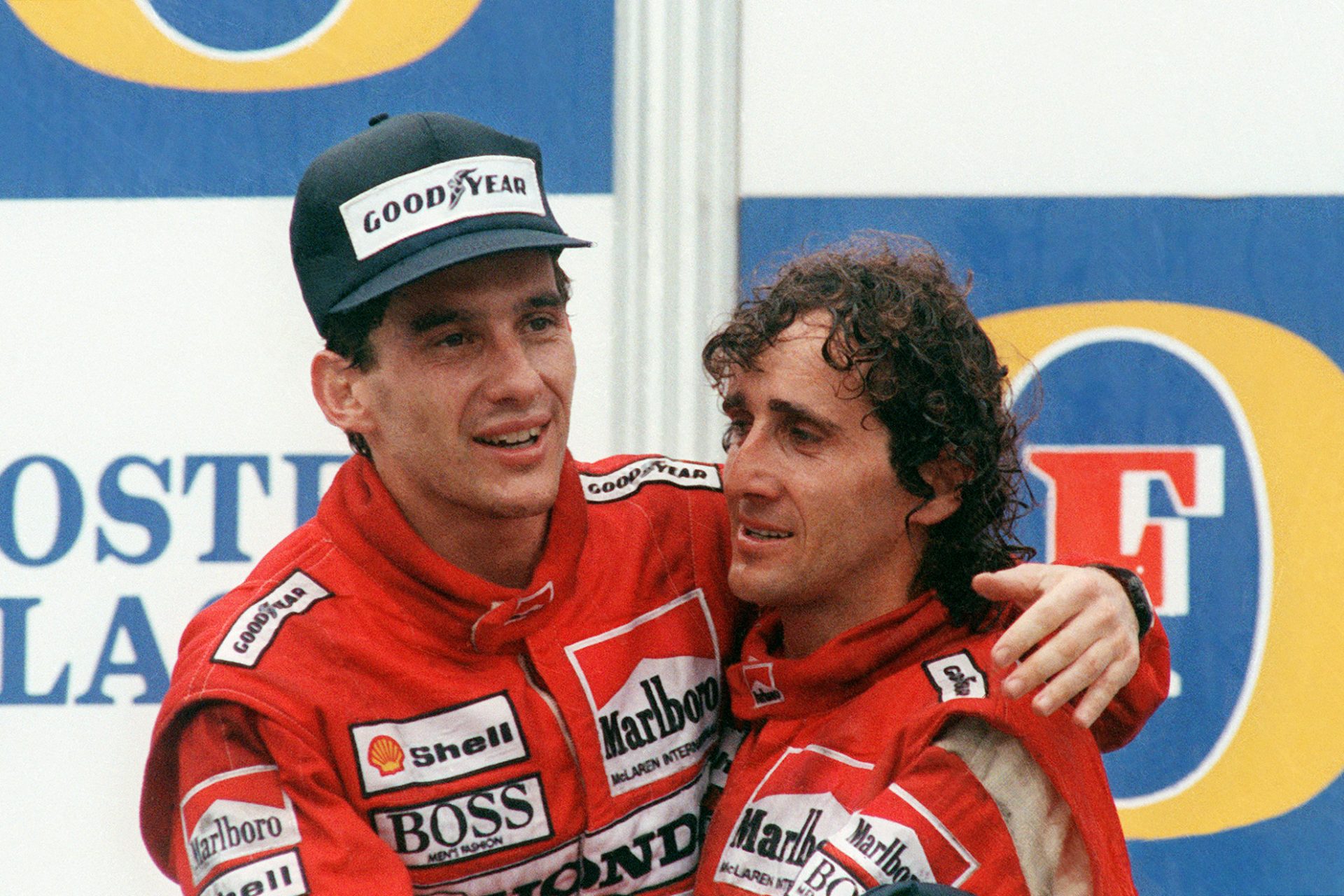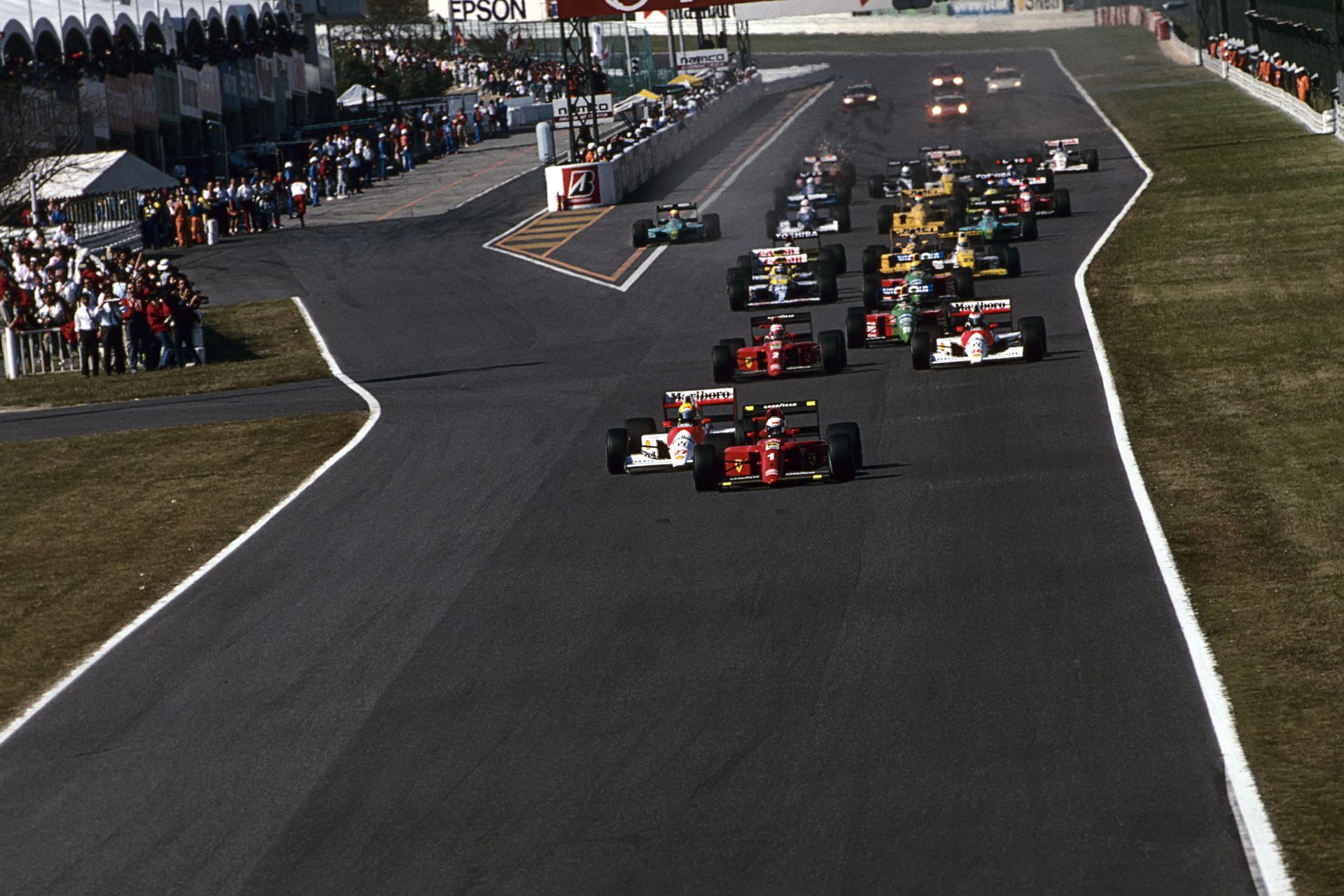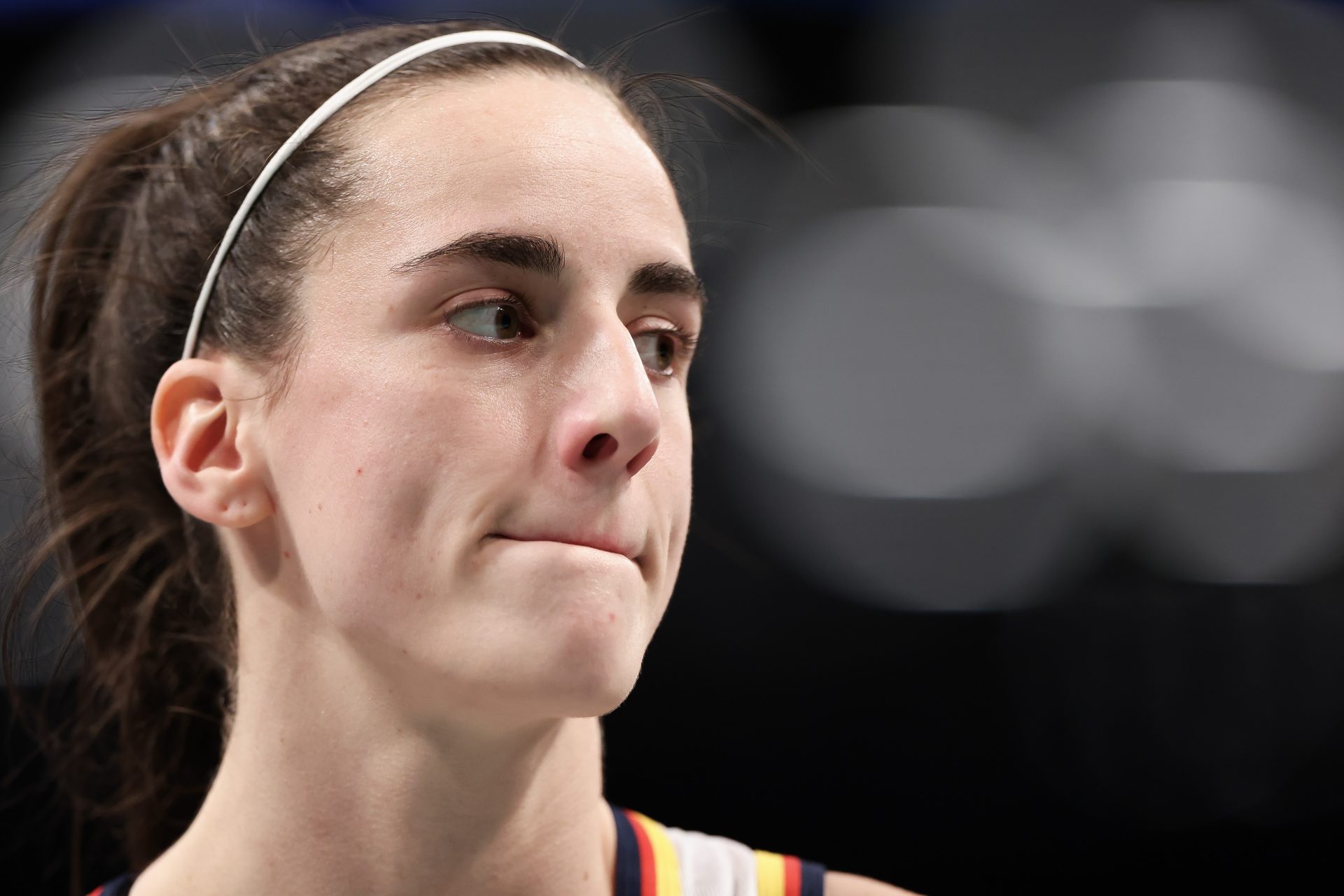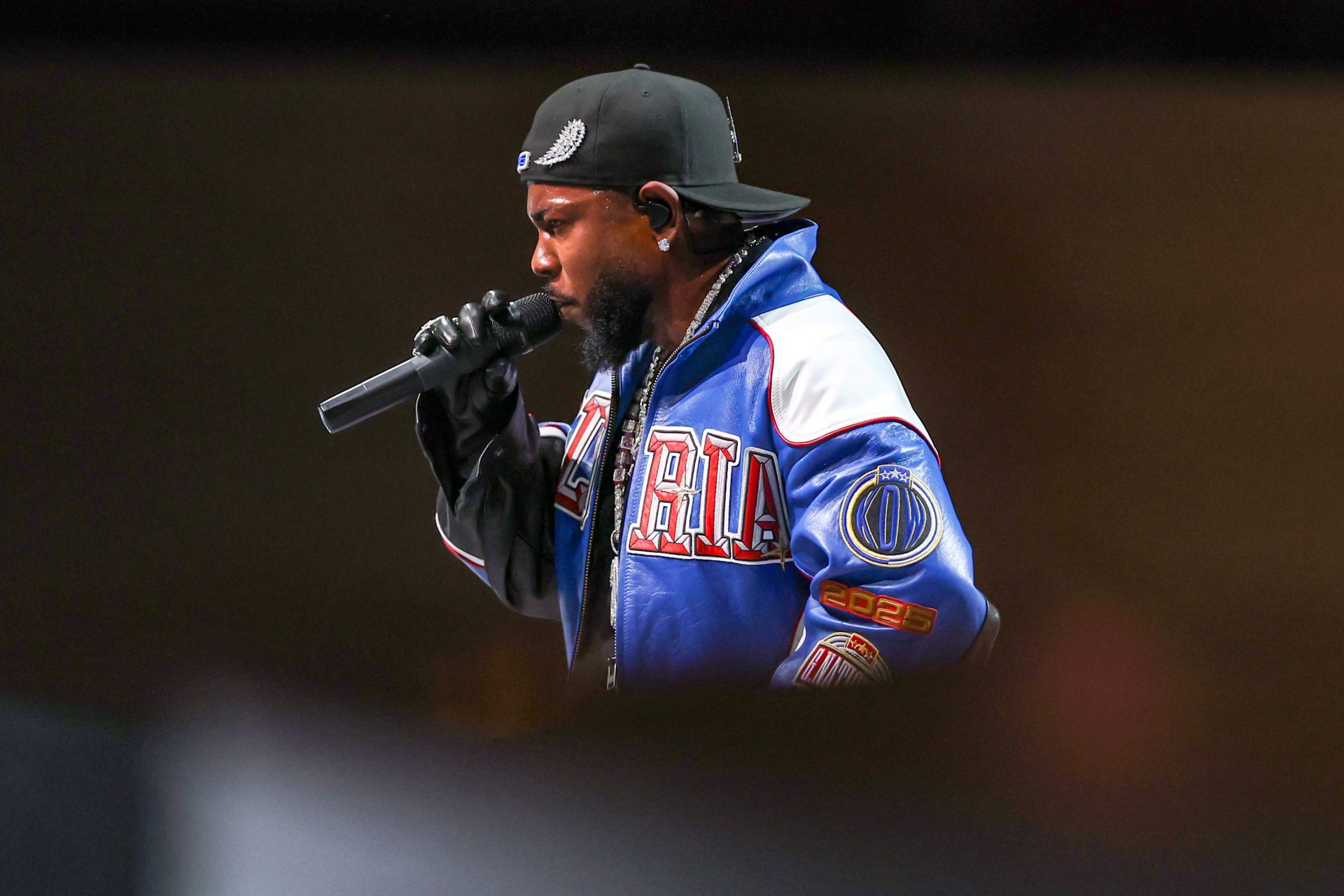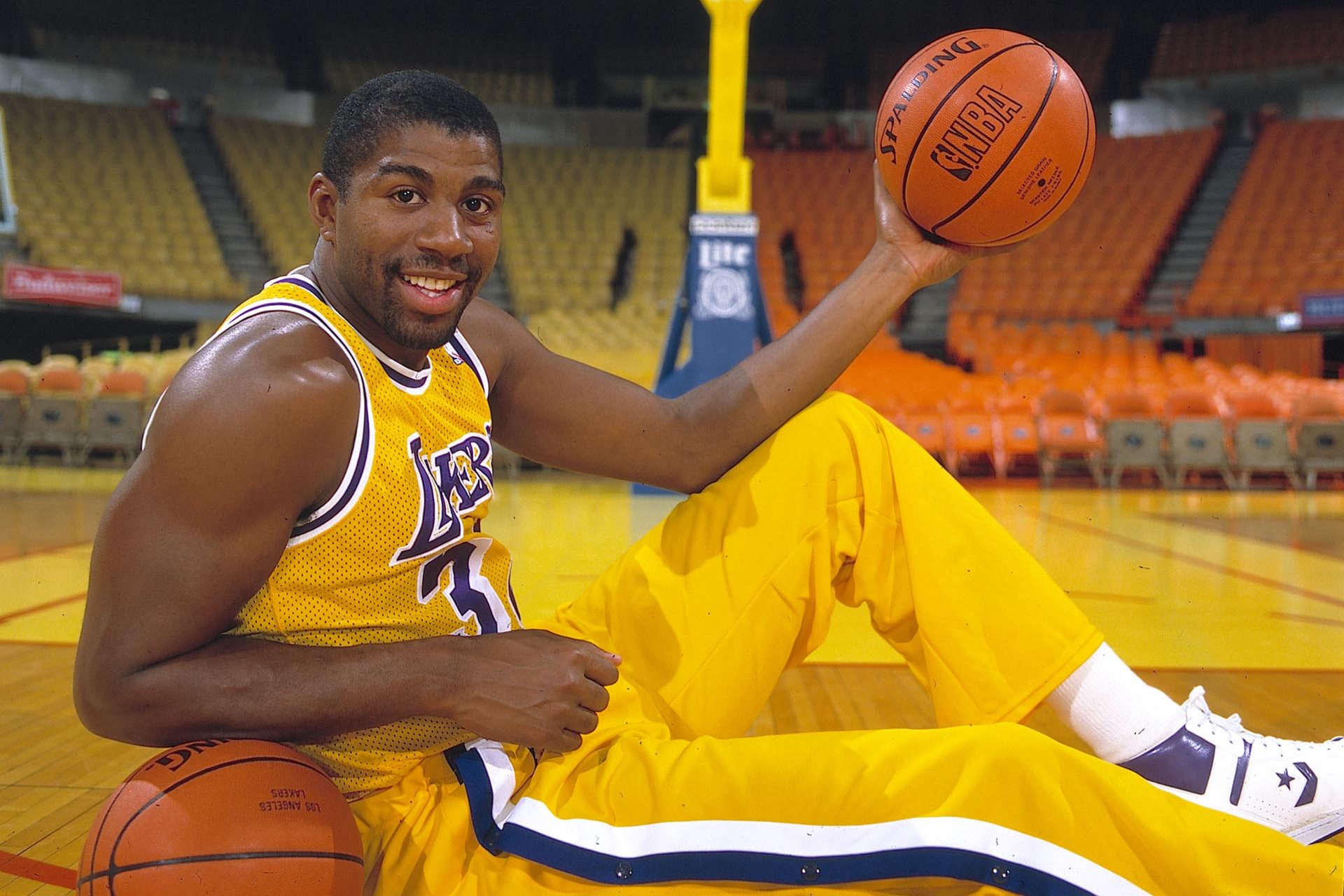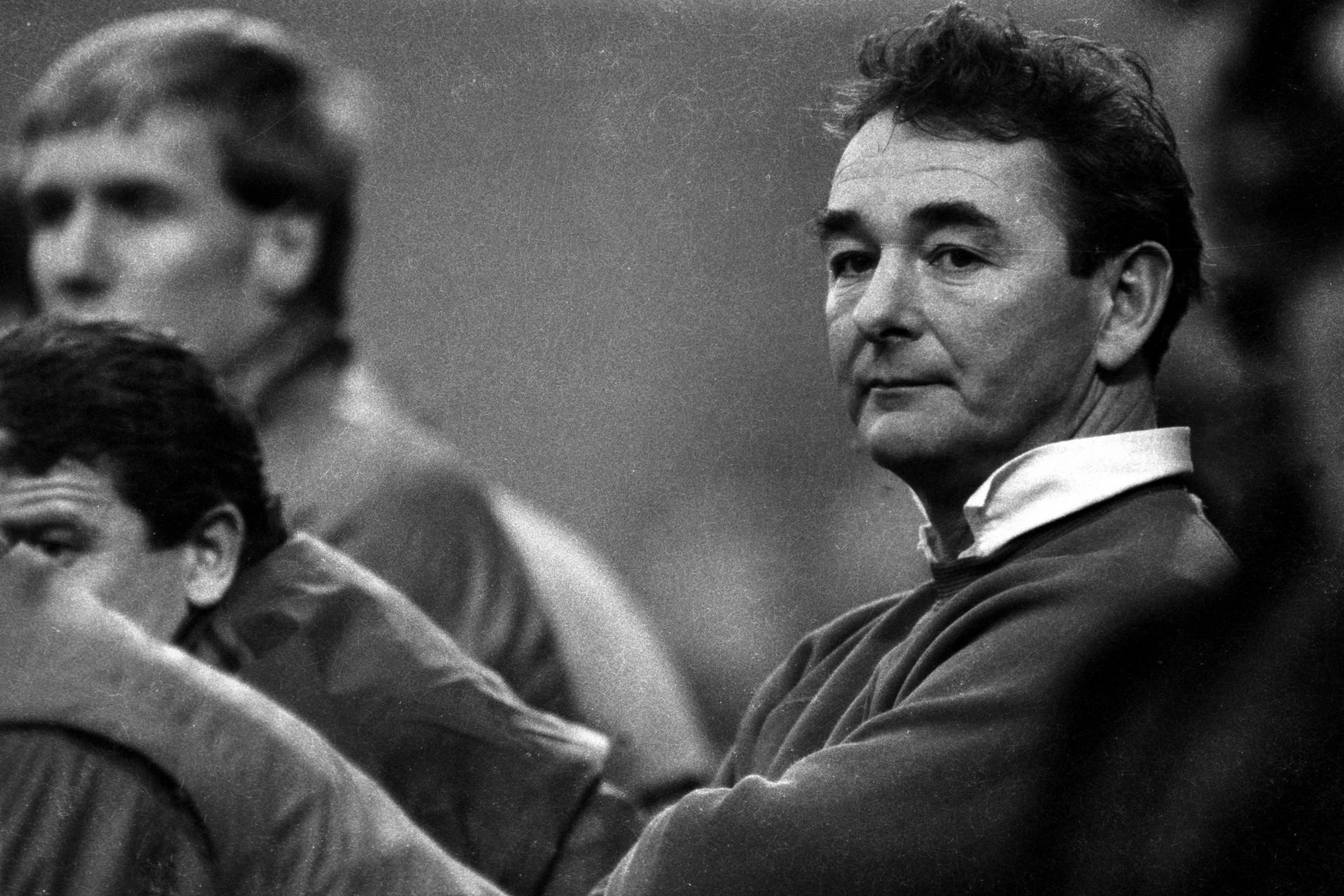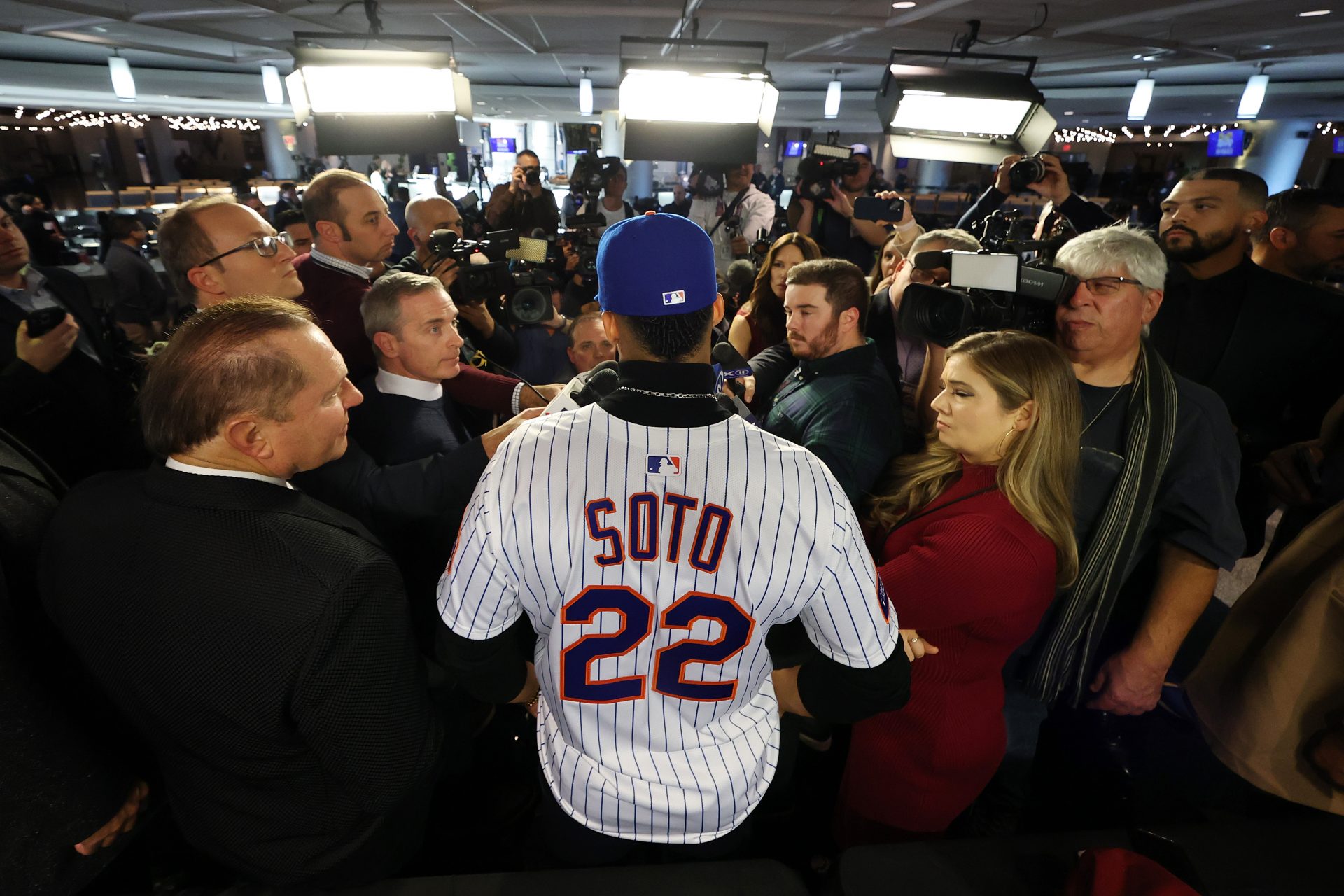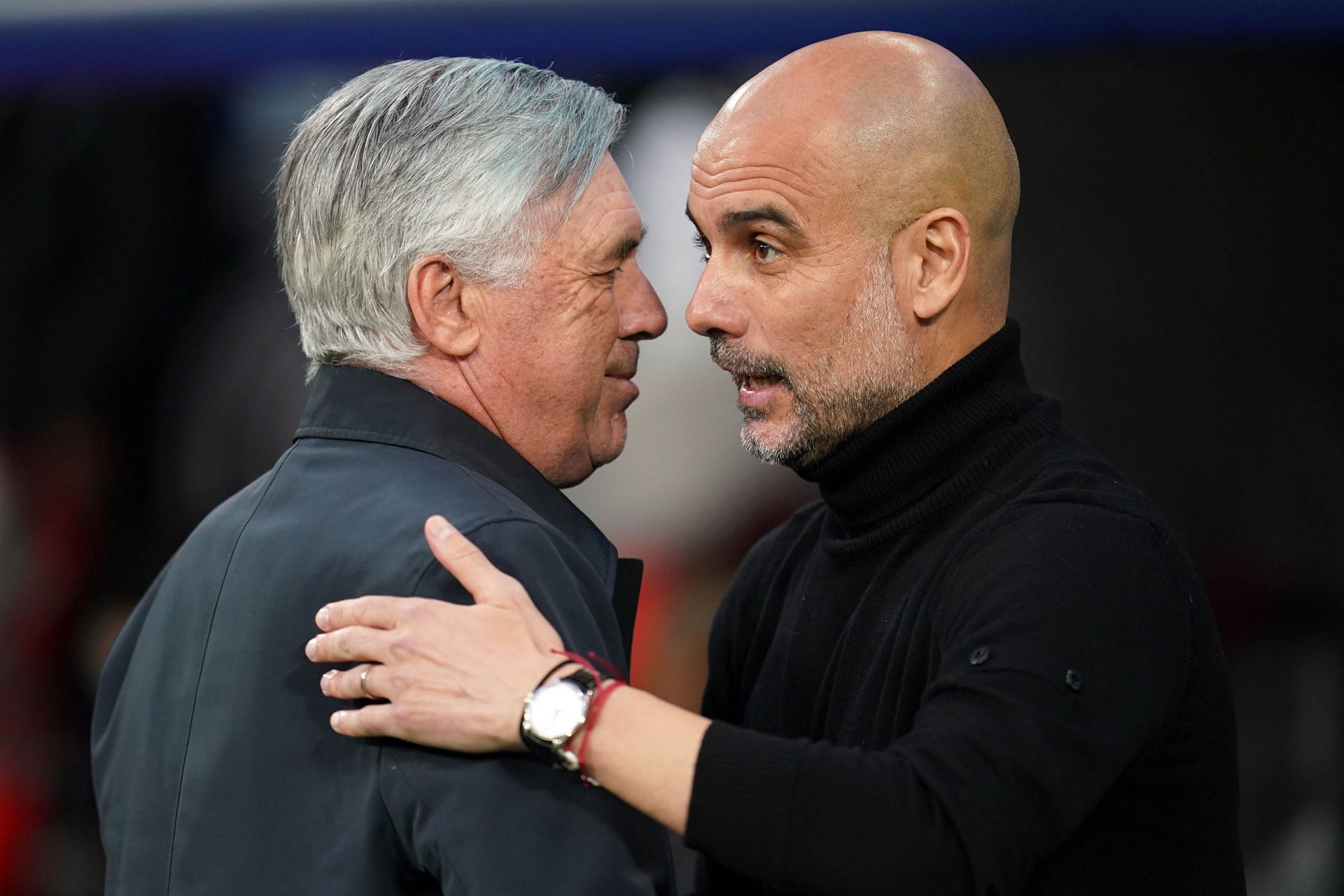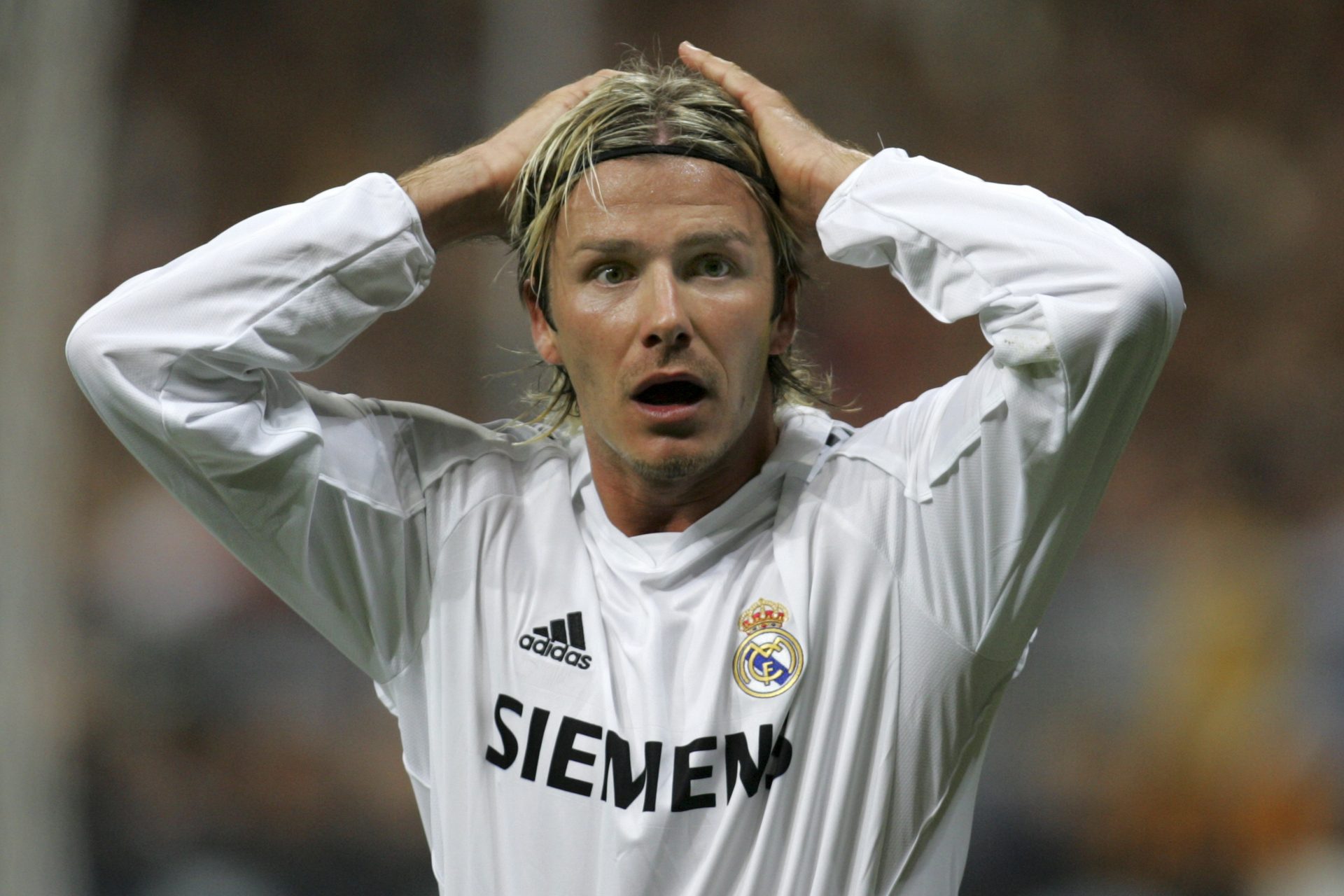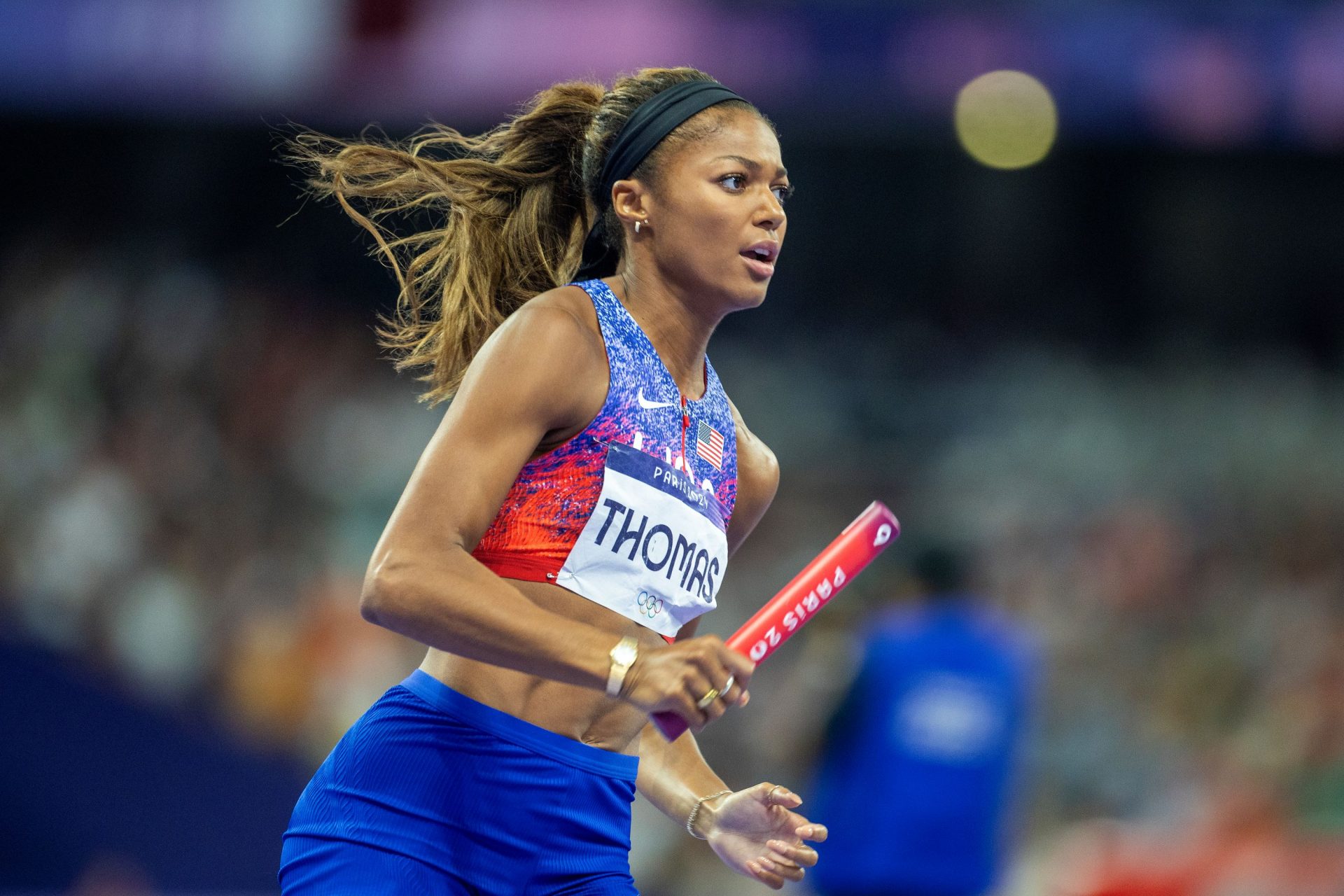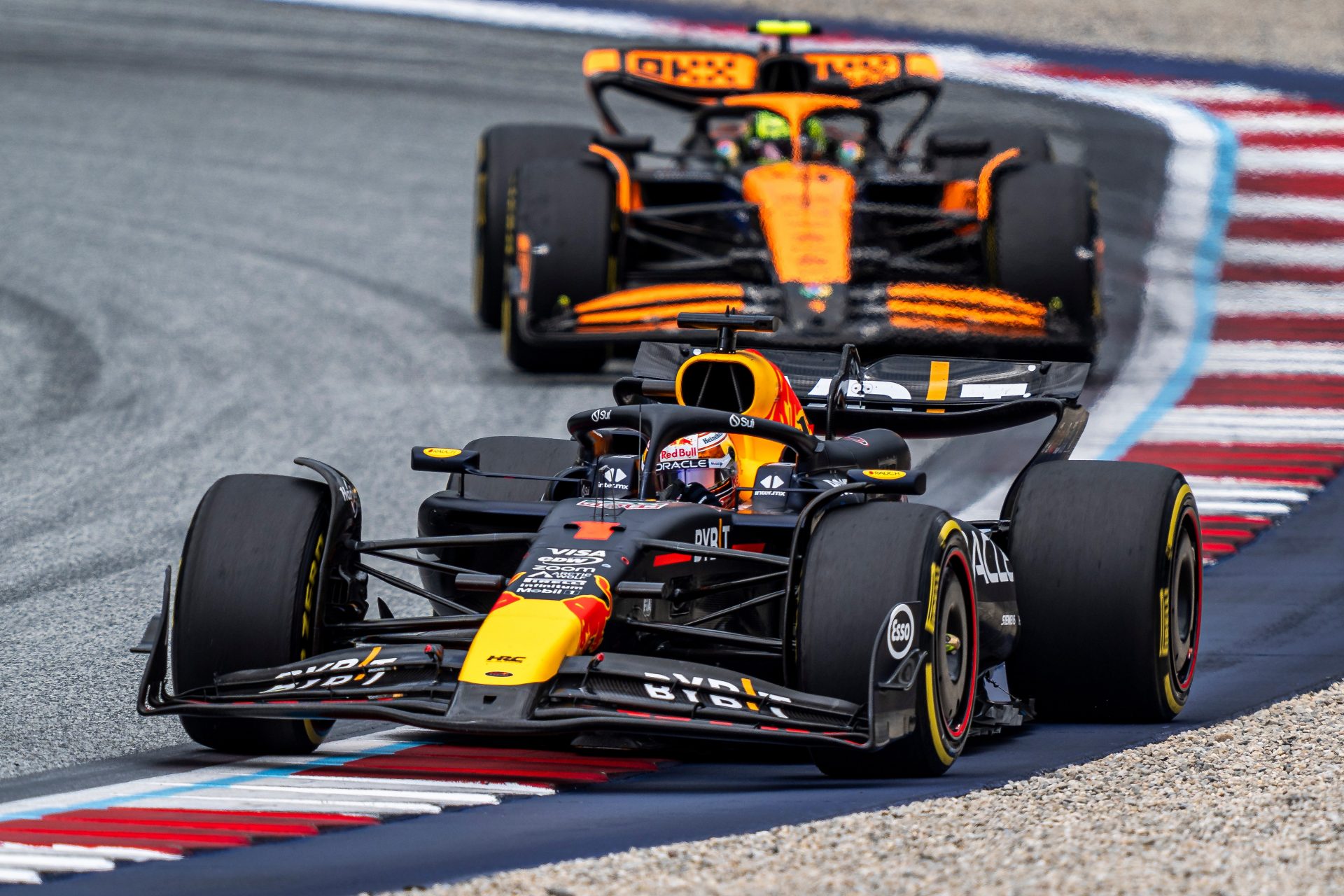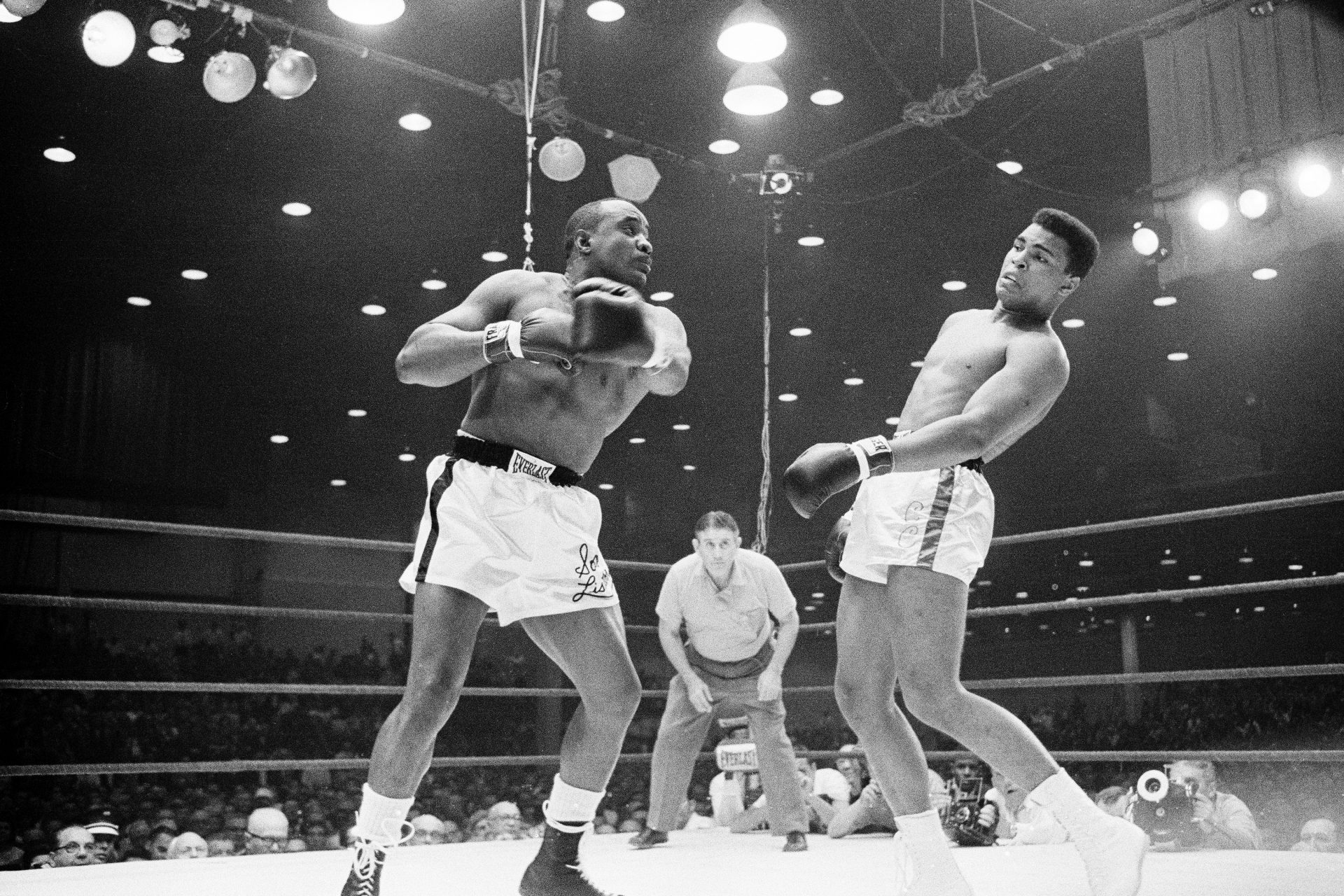The craziest betrayals in Formula 1 history
What is a sport without its rivalries? Formula 1 lives off heated rivalries between drivers, but sometimes those rivalries go too far. Let's look at some of the most shocking betrayals in the sport.
Daniel Ricciardo's departure from Red Bull at the end of the 2018 season was marked by feelings of betrayal after a tumultuous year filled with internal strife. The defining moment came during the Azerbaijan Grand Prix, where a collision between him and teammate Max Verstappen severely damaged both drivers' races.
The aftermath revealed a lack of support from the team, as Ricciardo felt the focus shifted entirely to Verstappen, who was seen as the future of Red Bull. This feeling of neglect and the growing friction between the two drivers ultimately influenced Ricciardo’s decision to leave for Renault, as reported by Racing News 365, seeking a fresh start away from the internal politics of Red Bull.
Want to see more like this? Follow us here for daily sports news, profiles and analysis!
In 2011, the relationship between Jenson Button and Lewis Hamilton at McLaren took a turn as both drivers found themselves competing fiercely for supremacy within the team. Button, who had previously enjoyed a successful 2009 season, was frustrated by Hamilton’s aggressive driving style and perceived favoritism from the team in 2010 and 2011.
Their rivalry culminated in multiple on-track incidents, most notably during the Canadian Grand Prix, where Hamilton crashed into Button while attempting to pass Nico Rosberg. Button admitted in 2017 that things between the pair had gotten "weird" at that time, as reported by the BBC, which is probably why Hamilton packed his bags for Mercedes.
Nico Rosberg and Lewis Hamilton’s intense rivalry at Mercedes reached a boiling point during the 2016 season. The two drivers were teammates but found themselves in a fierce battle for the championship. Their relationship soured after several on-track incidents, most notably during the Spanish Grand Prix, where they collided, leading to a dramatic fallout.
Rosberg felt that Hamilton’s aggressive tactics and psychological games were a betrayal of their supposed team camaraderie. The tension culminated when Rosberg won the championship and promptly announced his retirement from F1, citing the immense pressure of the rivalry and his desire to leave the sport on his terms, as reported by Autosport.
Nigel Mansell's 1992 season with Williams was a remarkable one, as he dominated the championship, winning nine of the 16 races. However, his relationship with the team soured toward the end of the season over a range of issues. One was reportedly over a financial dispute between Mansell and his employer, as Motorsport Magazine reported.
The other was that he found out secondhand that his chief rival Alain Prost had signed with Williams for 1993. By all accounts, the combination of the two things led to bad vibes all across the team. Though Mansell would finish the year as a champion, his services at Williams were no longer required.
Want to see more like this? Follow us here for daily sports news, profiles and analysis!
The 2007 season saw a fierce rivalry between Lewis Hamilton and Fernando Alonso at McLaren. Initially, they were seen as teammates, but as the season progressed, tensions escalated. Alonso felt Hamilton was receiving preferential treatment, leading to a bitter fallout that saw Hamilton accused of undermining Alonso's status within the team.
It got so bad between Alonso, Hamilton and McLaren that Alonso allegedly threatened to leak "damaging data" about the car and the team to the FIA if he was not "made number one" within the team, The Guardian reported in 2007.
The 2013 Malaysian Grand Prix is notorious for the "Multi-21" incident, where Sebastian Vettel defied team orders to hold position behind Mark Webber. Despite clear instructions from Red Bull Racing, Vettel overtook Webber in the closing laps, igniting a fierce rivalry between the two teammates.
The clash not only strained their relationship but also drew widespread criticism from fans and pundits, who viewed Vettel’s actions as a blatant disregard for team loyalty. This incident underscored the intense competition within Red Bull and became a pivotal moment in both drivers' careers.
In a move that shocked the motorsport world, Michael Schumacher and Rubens Barrichello’s infamous team orders at the 2002 Austrian Grand Prix led to one of the biggest betrayals in F1. Barrichello, who had been leading the race, was instructed to let Schumacher pass for the win.
The sight of Barrichello slowing down and allowing Schumacher to take the victory was met with widespread outrage and sparked intense debate about team orders in the sport. It was fueled further when Schumacher invited Barrichello up to the first-place podium. The pair were fined 500,000 euros (approximately £430,000 or $540,000) each by the FIA for the stunt.
The rivalry between Alain Prost and Ayrton Senna is one of the most infamous in F1 history. The tension came to a head during the 1990 Japanese Grand Prix, where Prost collided with Senna. Prost’s subsequent decision to leave McLaren for Ferrari was viewed as a betrayal by Senna, who believed Prost had manipulated team dynamics against him.
Their rivalry reached boiling point in 1990, when Senna deliberately crashed into Prost at the same track on the first lap, effectively eliminating his rival from the race and securing the championship for himself. It is a bold and controversial move that has rightfully earned a place in F1 folklore. Despite all the bad blood on the track, the two were great friends.
Want to see more like this? Follow us here for daily sports news, profiles and analysis!
More for you
Top Stories



